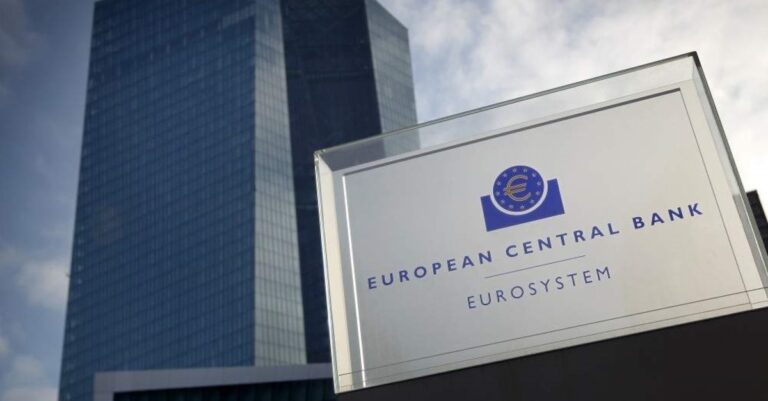Industry insiders are well aware: Klarna’s founder and CEO, Sebastian Siemiatkowski, was one of the earliest advocates of ChatGPT and immediately connected with OpenAI CEO Sam Altman. Fast forward about a year, and the Swedish fintech, now harboring ambitions of going public, provides intriguing insights into the integration of ChatGPT technologies: the AI assistant integrated into the Klarna app or website is replacing the work of 700 full-time employees.
“This AI breakthrough in customer interaction means better experiences for our customers at better prices, more interesting challenges for our employees, and better returns for our investors,” Siemiatkowski communicates to the public and, notably, to his investors, who have been closely monitoring Klarna’s actions since the significant down round some time ago. The AI assistant is available 24/7 in 23 markets and communicates in over 35 languages.
The AI assistant, based on GPT-4, has conducted 2.3 million conversations with the approximately 150 million current users; that accounts for two-thirds of the chats in Klarna’s customer service. At the Swedish fintech, famous and infamous for its instant payment and Pay Later offerings, only benefits of the technology are seen: “In terms of customer satisfaction, it is on par with human employees,” it says about the AI chat integration. “Customers now complete their errands in less than 2 minutes compared to the previous 11 minutes.”
Profit Increase of $40 Million
Ultimately, the use of AI in customer support also saves money. “It is estimated that Klarna will achieve a profit increase of $40 million in 2024,” it says regarding the AI deployment. Primarily, this can save personnel costs. As luck would have it, Klarna co-founder and CEO Sebastian Siemiatkowski informed the workforce in May 2022 that about 700 of the total 7,000 employees would have to go. These workers have now apparently been replaced by ChatGPT.
The example of Air Canada demonstrates that the use of chatbots in customer service can backfire. Because its chatbot provided a customer with incorrect information regarding a ticket refund, the airline had to pay a fine of $650 Canadian dollars.
Klarna is currently slimming down and becoming cost-efficient for a potential IPO and aims to ride the AI hype wave. Thus, it has already communicated that it does not intend to build new staff due to the use of AI. The goal is to become profitable by 2024.













